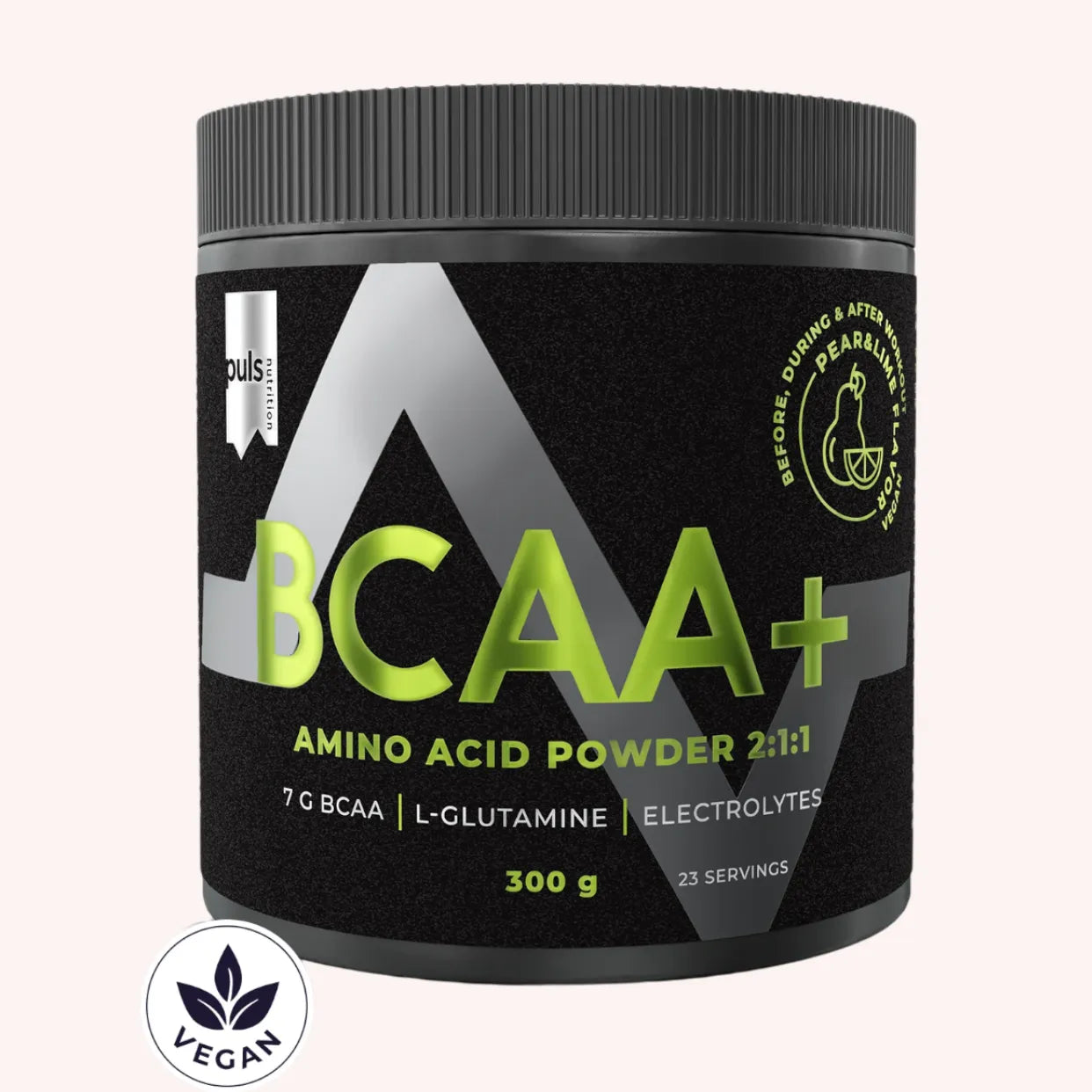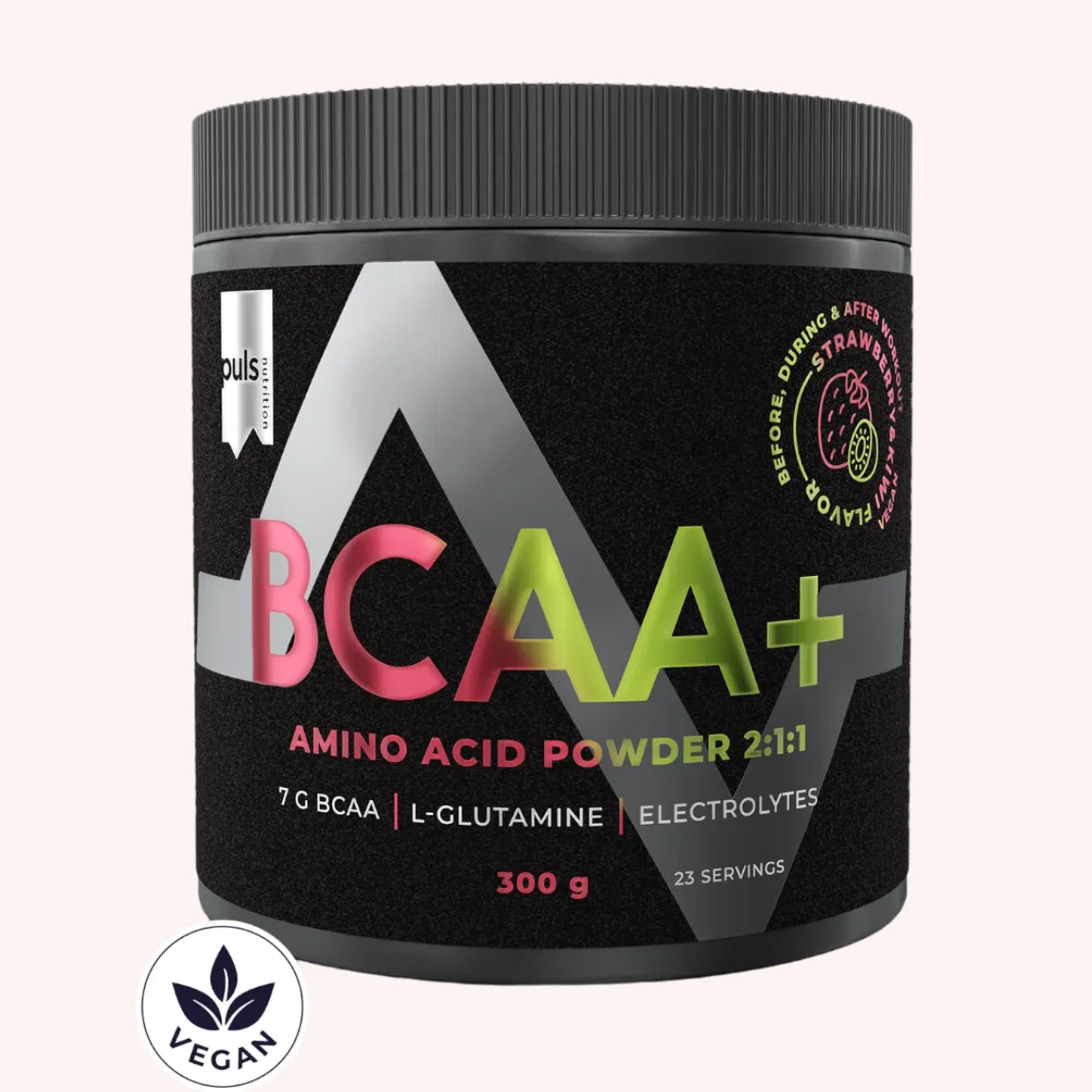BCAAs, or branched-chain amino acids, are very popular dietary supplements in the world of sports and bodybuilding.
Used to enhance performance and promote muscle recovery, they nevertheless raise some concerns about their safety. Here, we will explore the potential dangers of BCAAs and the precautions to take when using them.
What are BCAAs?
BCAAs are a group of three essential amino acids: Leucine , Isoleucine , and Valine . These amino acids cannot be synthesized by the human body and must therefore be obtained through diet or supplements.
They participate in protein synthesis and muscle recovery, which makes them particularly popular among athletes and bodybuilding enthusiasts.
Concerns about BCAAs
Product quality
The quality of BCAAs available on the market is a major concern. Historically, some BCAAs were made from unsavory sources such as animal feathers.
Although the majority of BCAAs today are derived from plant sources, there are still inferior products containing artificial additives and preservatives.
To avoid any risk of contamination, you must choose high-quality, certified and tested BCAAs.
Potential side effects
- Gastrointestinal Disturbances: BCAAs can cause digestive disturbances such as nausea, bloating, and cramps in some people. These effects are usually linked to excessive consumption of this sports supplement .
- Increased ammonia levels: The breakdown of BCAAs produces ammonia, a metabolic waste product. At very high doses, this can lead to a buildup of ammonia in the blood, which can cause severe fatigue.
- Inhibition of absorption of other amino acids: At high doses, BCAAs can interfere with the absorption of other essential amino acids, disrupting your overall nutritional balance and affecting your muscle health.
Contraindications
BCAAs are not recommended for certain people:
- Pregnant and breastfeeding women: Due to the lack of reliable data on the safety of BCAAs for these populations.
- People with certain illnesses: Including those with amyotrophic lateral sclerosis, ketoacidosis, chronic alcoholism, or kidney and liver disorders.
- Before surgery: BCAAs can affect blood sugar and clotting, so it is best to avoid them before surgery.
Safe Dosage of BCAAs
What is the right dose of BCAAs? For healthy adults, a daily dose of 5 to 10 grams of BCAAs is generally considered safe and effective for supporting muscle performance and recovery. Be careful not to exceed this amount without medical supervision, especially for doses above 10 grams per day.
It's also important to note that BCAA supplementation should not replace a balanced and varied diet. BCAAs can supplement your diet, but they cannot replace the essential nutrients provided by a varied diet.
Are BCAAs dangerous for your health?
The benefits of BCAAs
BCAAs are known for their many benefits, including:
- Improved athletic performance: BCAAs help reduce muscle fatigue and increase your endurance during training.
- Promotes muscle recovery: They help repair muscles after intense exercise, allowing you to recover faster.
- Prevention of muscle breakdown: BCAAs can help prevent the breakdown of muscle protein, especially during low-calorie diets.
The risks of BCAAs
Despite these benefits, you should be aware that BCAAs carry some risks when used improperly. The main risks include digestive upset, ammonia buildup, and inhibition of other amino acid absorption, as mentioned earlier.
Additionally, excessive consumption of BCAAs can lead to adverse effects such as gastrointestinal disturbances and excessive fatigue. BCAAs may also interfere with certain medical treatments and should therefore be used with caution by people with pre-existing medical conditions.
Responsible Use of BCAAs
To minimize risks, it is essential to follow these recommendations:
- Respect the recommended doses: Do not exceed doses of 5 to 10 grams per day without medical advice.
- Choose quality products: Opt for high-quality BCAAs that are certified and free from artificial additives.
- Consult a healthcare professional: Before starting any supplementation, consult a healthcare professional, especially if you have any pre-existing medical conditions.
BCAAs can be an effective supplement for athletes and bodybuilders, offering significant benefits for muscle performance and recovery.
However, as with any supplement, their use must be carried out with caution and discernment. It is essential to choose high-quality products, follow the recommended dosages, and consult a healthcare professional if you have pre-existing medical conditions. By following these recommendations, BCAAs can become a safe and beneficial supplement for achieving your fitness goals.
Sources:
- Khoshnejad M, Dia Y, Patel A, Xu Z, Zhu X, Yun K, Wojtak K, Qureshi R, Humeau L, Muthumani K, Weiner DB. “DNA-Encoded Glutamine Synthetase Enzyme as Ammonia-Lowering Therapeutic for Hyperammonemia.” Nucleic Acid Ther . 2020 Dec;30(6):379-391. doi: 10.1089/nat.2020.0886. Epub 2020 Sep 9. PMID: 32907467 .: https://europepmc.org/article/MED/32907467
- Wang J, Zhou J, Bai S. “Combination of Glutamine and Ulinastatin Treatments Greatly Improves Sepsis Outcomes.” J Inflamm Res . 2020 Feb 19;13:109-115. doi: 10.2147/JIR.S234122. eCollection 2020. PMID: 32110086. : https://pubmed.ncbi.nlm.nih.gov/32110086/
- Márquez J, Martín-Rufián M, Segura JA, Matés JM, Campos-Sandoval JA, Alonso FJ. “Brain glutaminases.” Biomol Concepts . 2010 May 1;1(1):3-15. doi: 10.1515/bmc.2010.006. PMID: 25961981 .: https://pubmed.ncbi.nlm.nih.gov/22934847/
- Li Y, Guan Z, Hu S, Huang Z, He D, Cheng X, Song T, Mo C, Xiao M, Huang Y, Wei Y, Zhou Y, Zhang J Venom Anim Toxins Incl Too Say . 2023 Jul 10;29 : https://pubmed.ncbi.nlm.nih.gov/32109013/










